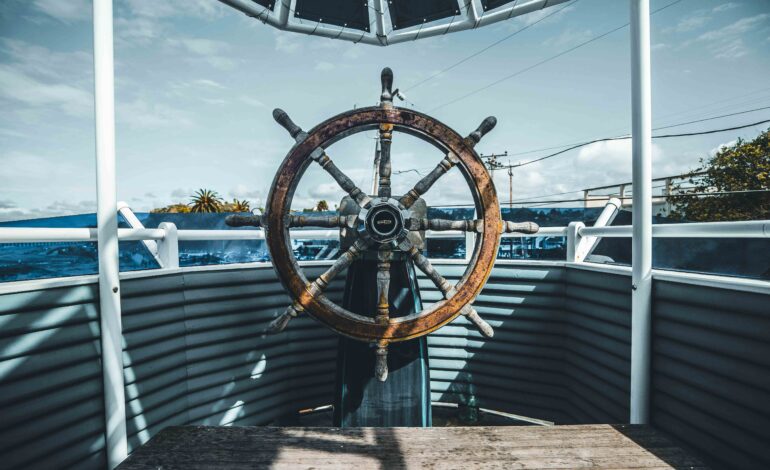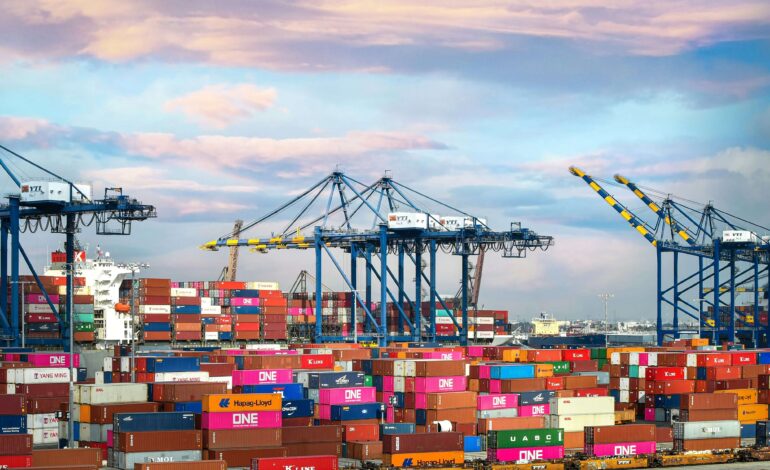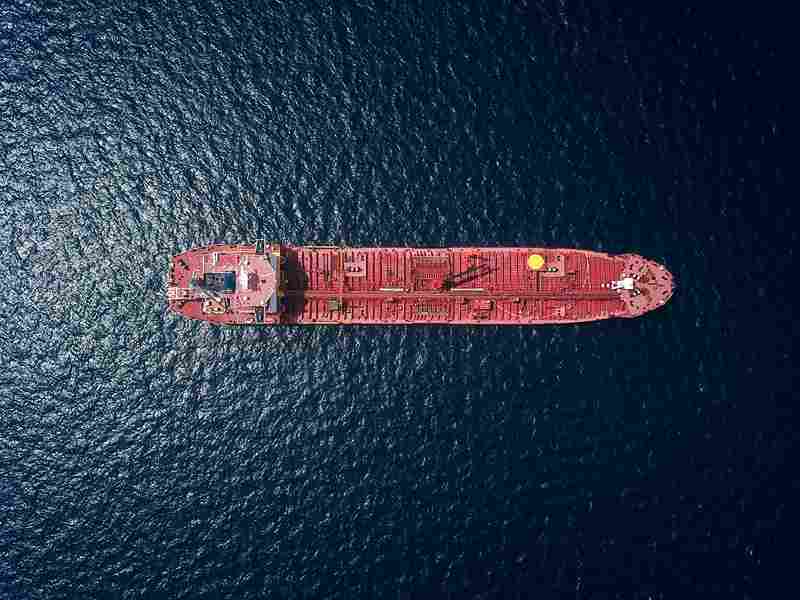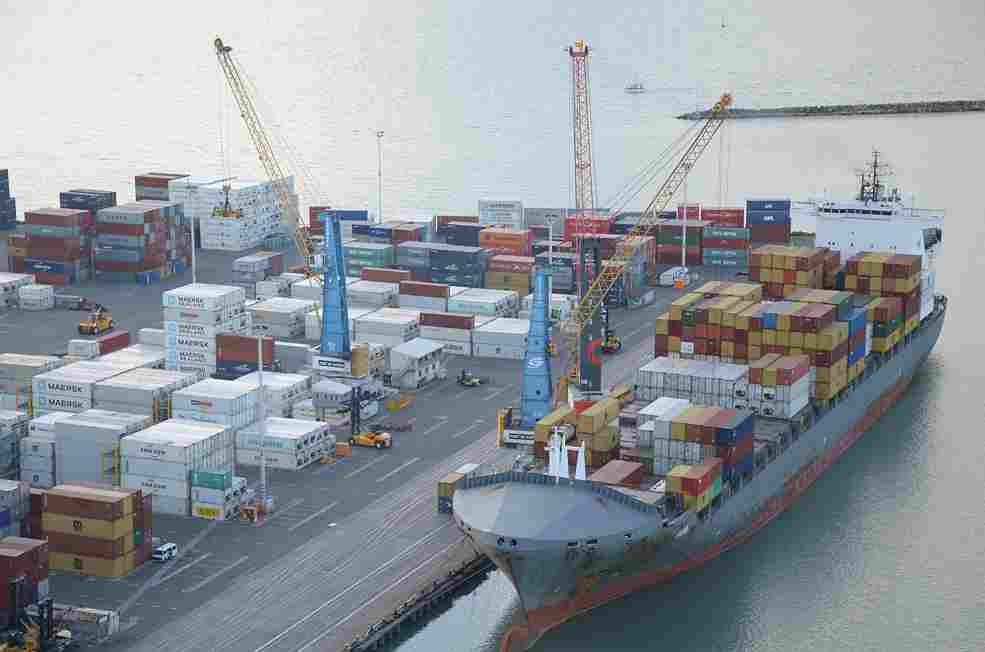
Bunker Fuel Quality: Standards and Regulations
Bunker fuel quality is essential for maritime operations, affecting engine performance, maintenance costs, and environmental impact. Maintaining high-quality bunker fuel requires adherence to rigorous standards and regulations aimed at ensuring safety, efficiency, and environmental sustainability in the shipping industry.
Importance of Bunker Fuel Quality
Bunker fuel, primarily used to power large marine vessels, must meet stringent quality criteria to avoid operational issues. Low-quality fuel can lead to engine problems, increased maintenance, and higher emissions of harmful pollutants. Contaminants in the fuel can cause sludge formation, clogged filters, and engine component corrosion, all of which can disrupt maritime operations and increase costs.
Key Standards for Marine Fuel
The International Organization for Standardization (ISO) has established ISO 8217, which sets the standards for marine fuel quality. This standard outlines the necessary properties of marine fuels, including viscosity, density, sulfur content, and limits on various contaminants. ISO 8217 ensures fuel consistency and reliability, reducing the risk of operational problems and supporting smooth maritime operations.
ISO 8217 specifies different grades of marine fuel, such as Residual Marine Fuel (RMG) and Distillate Marine Fuel (DMA). These grades cater to different types of ship engines and operational needs. RMG fuels, which are thicker, are used in larger, slower-speed engines, while DMA fuels, which are lighter, are used in smaller, faster engines.
Regulatory Frameworks
The International Maritime Organization (IMO) enforces regulations to manage bunker fuel quality and its environmental impact. MARPOL Annex VI, a crucial part of these regulations, addresses air pollution from ships by setting limits on sulfur content in marine fuels to reduce sulfur oxide (SOx) emissions, which are harmful to health and the environment.
The IMO 2020 regulation, which took effect on January 1, 2020, significantly reduced the permissible sulfur content in marine fuels from 3.5% to 0.5%. This regulation has led to a substantial reduction in SOx emissions, improving air quality. Compliance requires ships to use low-sulfur fuels such as Very Low Sulfur Fuel Oil (VLSFO) or to install exhaust cleaning systems, known as scrubbers.
Monitoring and Enforcement
Ensuring compliance with fuel quality standards involves rigorous monitoring and enforcement. Port State Control (PSC) authorities inspect ships to verify adherence to MARPOL Annex VI and other relevant regulations. Inspections include reviewing fuel logs, sampling fuel, and analyzing its composition to ensure it meets the specified standards.
Additionally, systems like the IMO’s Data Collection System (DCS) and the European Union’s Monitoring, Reporting, and Verification (MRV) framework mandate that ships report their fuel consumption and emissions data. These measures help monitor compliance and evaluate the effectiveness of regulations in reducing maritime emissions.
Challenges and Future Directions
Despite advancements in regulating bunker fuel quality, challenges remain. The shift to low-sulfur fuels has raised concerns about fuel stability, compatibility, and availability. Variations in fuel quality can lead to operational difficulties, necessitating careful management of fuel procurement and handling by ship operators.
Looking to the future, the shipping industry is exploring alternative fuels such as Liquefied Natural Gas (LNG), hydrogen, and biofuels, which promise even lower emissions. Continued technological innovation and stricter regulatory measures will be crucial in enhancing fuel quality and sustainability in maritime operations.
Conclusion
Bunker fuel quality is vital for the safe, efficient, and environmentally responsible operation of ships. Standards like ISO 8217 and regulations such as IMO 2020 are essential for maintaining fuel quality and reducing the environmental impact of maritime activities. Ongoing efforts in monitoring, enforcement, and innovation are necessary to address challenges and promote the sustainable growth of the shipping industry. As the sector evolves, adherence to high fuel quality standards and the adoption of cleaner fuels will play a crucial role in shaping a more sustainable future for global maritime trade.





